The Petroleum Products and Pricing and Regulatory Agency (PPPRA) has said that over N8.97 trillion has been expended on fuel subsidy under Petroleum Support Fund (PSF) scheme between 2006 to 2016.
PSF scheme was introduced by the former President Olusegun Obasanjo led government as a regulatory mechanism put in place to insulate Nigerians from the fluctuation in international crude and products prices, and stabilize domestic utilization of petroleum products.
In a breakdown made available to Daily Trust in Lagos, PPPRA said at the commencement of the programme in 2006, a total sum of N257 billion was expended on subsidy, N272 billion in 2007, N631 billion, 2008, N469 billion in 2009, N667 billion in 2010 while in 2011, government pumped N2.105 trillion into payment of subsidy.
In 2012, N1.355 trillion was expended, in 2013, N1.316 was spent, 2014, N1.217 trillion but in 2015, with the new administration of Mohammadu Buhari led government, subsidy payment subsided to N654 billion and 2016, N24 billion.
A further analysis of the spending shows that between 2011 and 2015, under former President Goodluck Jonathan, the nation recorded huge spending of N5.993 trillion, against N2.296 trillion recorded under former President Olusegun Obasnjo.
Speaking at the just concluded Oil Trade conference in Lagos, Executive Secreatry, Abdulkadir Saidu Umar represented by Mr. Olasupo Agbaje, General Manager Corporate Servises, attributed the huge spending to non-functional and low capacity utilization of refineries resulting in inadequate supply from local refineries.
He said the existing four local refineries with 445,000barrels per day capacity only contributed about 10 per cent in the past five years to the national Premium Motor Spirit or petrol supply.
"The sudden rise in the spending to the crashing global crude prices since 2014 which led to various macro-economic challenges confronting the country, major economic indicators have suffered debilitating setbacks.
In addition, huge price disparity from neighbouring countries, where prices are higher has encouraged smuggling of petroleum products across borders" Umar said.
Umar said that the country currently operates the appropriate Pricing Framework (APF), which took effect May 2016 adding that the APF is to reflect prevailing market fundamentals in pricing of petroleum products in the country.
"As at 29th April 2016, due to the Forex challenge and steady rise in crude oil price which resulted in an upward movement of refined petroleum products prices, under-recovery of N13.79 per litre was already recorded in the price of PMS, thus there was the need to take a decisive action in the face of apparent government dwindling revenue; more so, as government had no budgetary provision for subsidy payment in the 2016 budget"
He said given the expected market trends, the then prevailing PMS approved pump price of N86.50/litre was not tenable. To this end, there was the need to review the pump price of PMS to reflect prevailing market fundamentals.
APF was introduced on May 11th and a price band of N135.00-N145.00 lLitre was set for PMS in the country.
Umar said the price band was arrived at, taking into consideration the prevailing secondary market Forex rate of N285 to a dollar and also giving some allowances for initial volatility in the rate.
PPPRA Reveals Shocking Amount of Money Spent on Fuel Subsidy in 10 Years
Trending

2
3
4
5
News

2
3
4
5
Big Brother

2
3
4
5
Tech

2
3
4
5
Social Media

2
3
4
5
Celebrities

2
3
4
5
Sports

2
3
4
5
Crime

2
3
4
5
Happenings

2
3
4
5
Romance

2
3
4
5

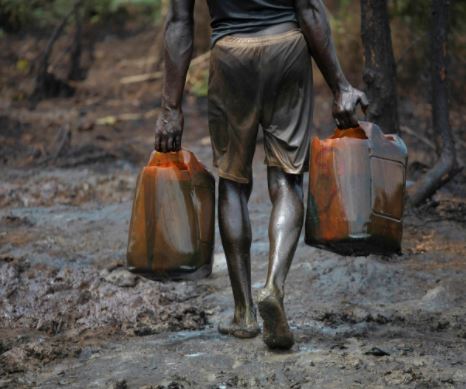

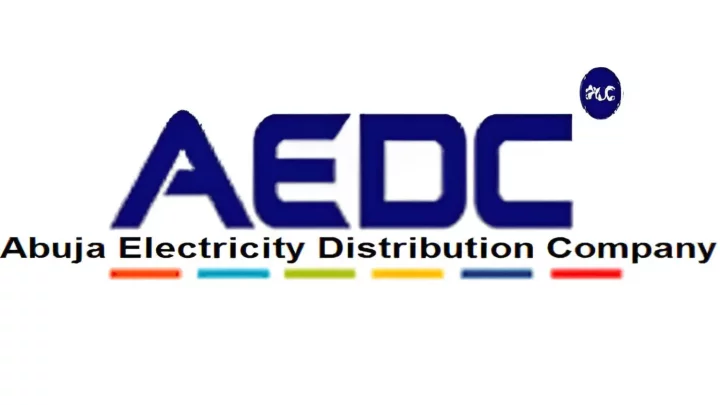
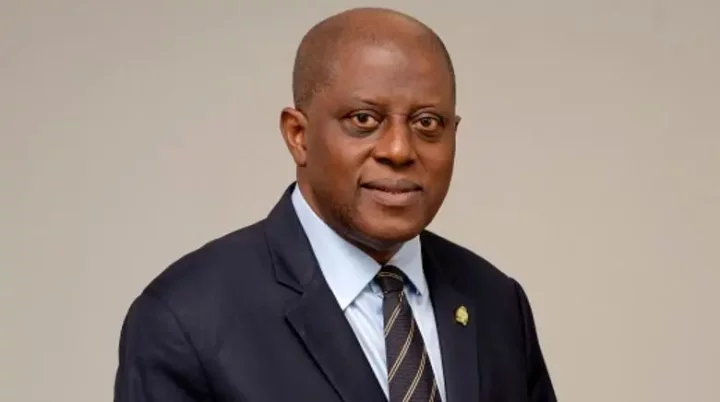
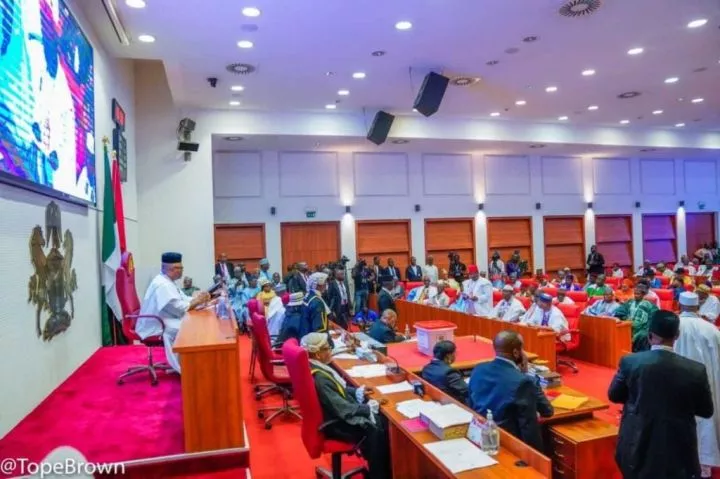
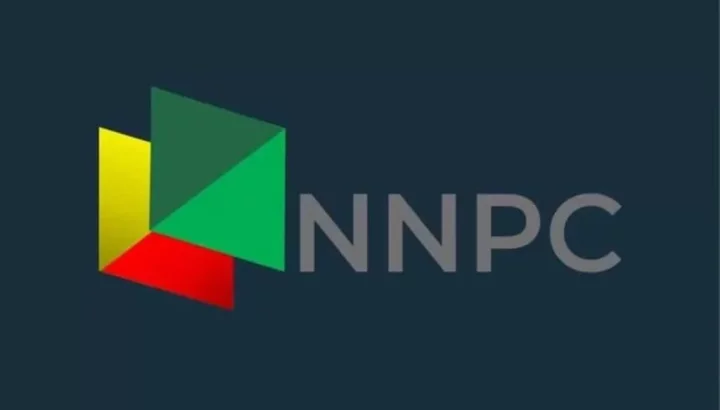
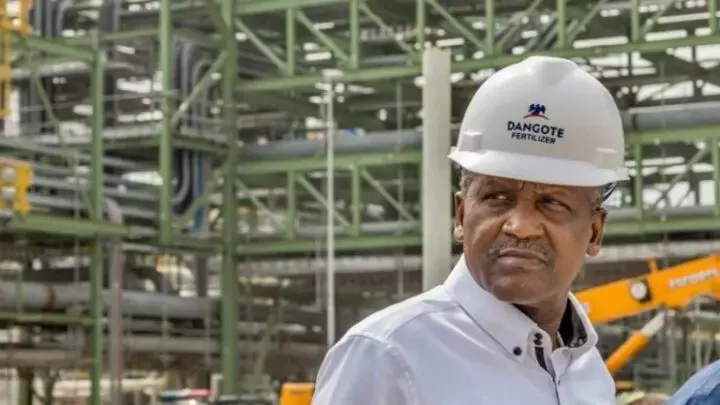

Comments